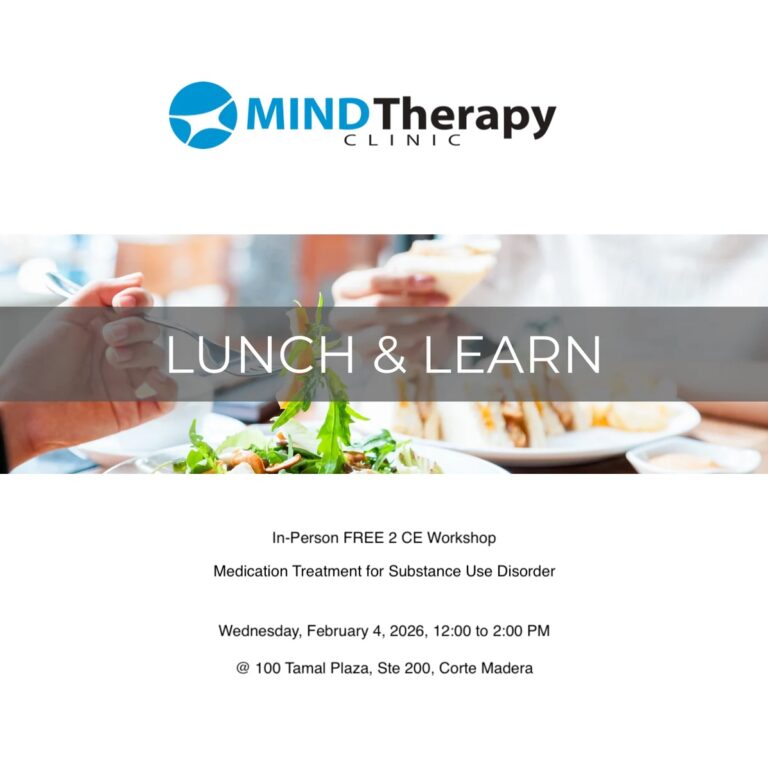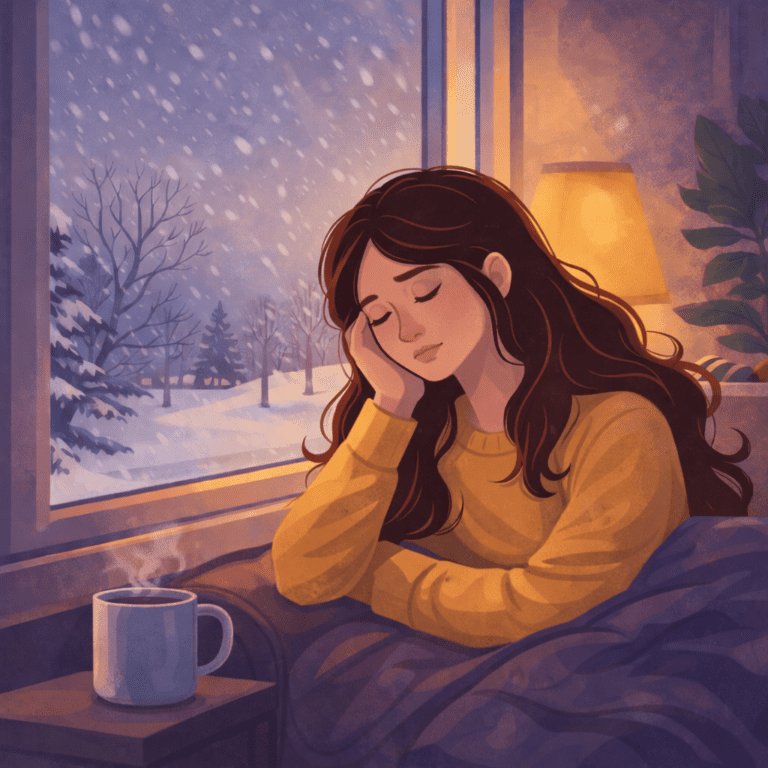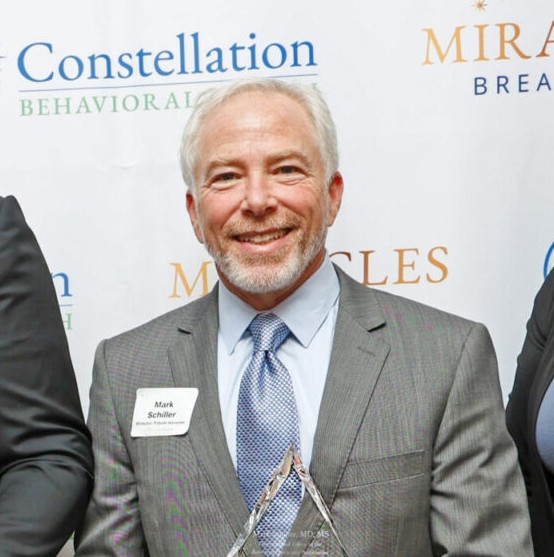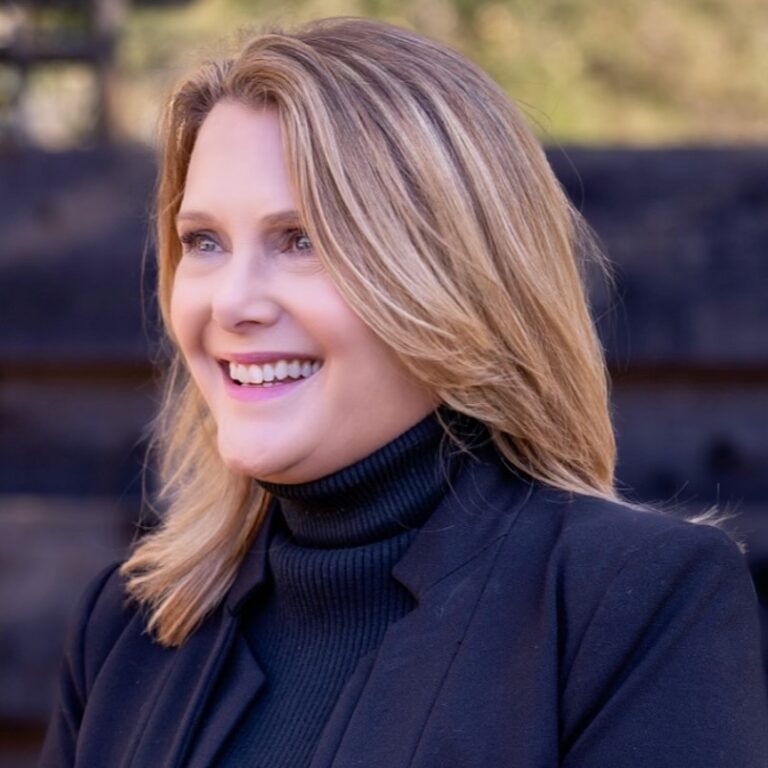OCD
OCD is highly treatable.
Obsessive-Compulsive Disorder involves intrusive, unwanted thoughts or images (obsessions) and repetitive behaviors or mental rituals (compulsions) done to reduce anxiety or prevent something bad from happening. OCD can look like contamination/washing, checking, symmetry/ordering, reassurance seeking, relationship/ROCD, harm or taboo intrusive thoughts, and scrupulosity. It often co-occurs with anxiety, depression, tics/Tourette’s, trauma-related symptoms, or autism/ADHD; we treat the whole presentation, not just the rituals.
Not sure if you need help?
Not sure if you need help?
You spend a lot of time on rituals (cleaning, checking, counting, repeating, confessing, mental reviewing)
Intrusive thoughts/images feel distressing, “not me,” or hard to dismiss
Avoidance is growing (people/places/objects)
OCD is affecting school/work, relationships, or self-care
Past therapy helped only a little because ERP wasn’t included
What are co-occurring disorders?
Co-occurring disorders (also called dual diagnosis) means a substance use disorder happens at the same time as one or more mental health conditions. Common combinations include depression, anxiety, PTSD/trauma, bipolar spectrum, ADHD, OCD, and personality-related difficulties. Treating only substance use – or only mental health – often leads to short-lived results. Durable recovery requires addressing both together.
–
Why integrated treatment works
- Substance use can mask or worsen mood, anxiety, and trauma symptoms.
- Mental health symptoms can trigger cravings and relapse risk.
- Coordinated care reduces handoffs, conflicting plans, and gaps that derail progress.
- Patients get one team, one plan, and consistent skills across settings.
–
How we integrate care at Mind Therapy Clinic
1) Comprehensive assessment
Psychiatry-led evaluation of substance use patterns, withdrawal risk, and mental health history; medical review and labs as needed.
2) One plan, one team
Your psychiatrist, individual therapist, family therapist, group facilitators, and case manager meet weekly to align goals and adjust care.
3) Evidence-based therapies
CBT, DBT, ACT, trauma-informed care, motivational interviewing/MI, relapse-prevention, and skills groups that apply to both conditions.
4) Medications when appropriate
Medication management for mood/anxiety/ADHD and MAT (e.g., buprenorphine, naltrexone, acamprosate) when clinically indicated.
5) Integrated family support
Education, boundaries, and coaching so home supports recovery rather than stress.
6) Step-up/step-down continuity
Seamless movement across Outpatient ↔ IOP ↔ PHP, with the same core team; option to pair IOP/PHP with 24/7 supportive living.
7) Measurement-based care
Regular symptom and functioning measures for both substance use and mental health—shared with you to track progress together.
Coping with Obsessive Compulsive Disorder
Tips that have helped many former and current clients at our clinic.
- Take medication as directed. Even if you're feeling well, resist any temptation to skip your medications. If you stop, OCD symptoms are likely to return.
- Join support groups and other healthy outlets! Support groups for people with OCD can help you reach out to others facing similar challenge.
- Learn relaxation & stress management skills. Try stress management techniques such as meditation, muscle relaxation, deep breathing, yoga tai chi or qi gong.
OCD Treatment
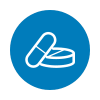
Medication
The goal of medication is to effectively control symptoms of OCD using the right combination of medication. Our psychiatrists are industry-leading pharmacologists who have effectively treated thousands of patients using commonly used as well as combinations of medications. They have deep understanding of interactions, side effects, and risks of each combination.
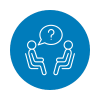
Psychotherapy
Psychotherapy using CBT focused approaches hinges on two key methods scientifically proven to transform a person’s behavior and thoughts. The first is called exposure and response prevention (ERP), and the second is cognitive therapy. Our therapists are specially trained in cognitive-behavioral therapy, providing expert care for those dealing with OCD.
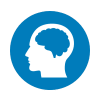
Transcranial Magnetic Stimulation (TMS)
This is a non-invasive procedure that uses magnetic fields to stimulate nerve cells in the brain. The magnetic stimulation is generated using a FDA-approved device that treats OCD. An electromagnetic coil is placed against the scalp near the forehead to deliver magnetic pulse to stimulate nerve cells in the brain. When traditional treatments have not been effective, this is a good option.
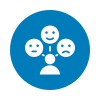
Dialectical Behavior Therapy (DBT)
DBT is a therapeutic approach rooted in cognitive behavior therapy principles. It emphasizes mindfulness, acceptance, validation, and trust-building. It stands apart from other therapies by emphasizing the concept of acceptance, where thoughts are neither deemed good nor bad.
Intensive Outpatient Program (IOP)
3 Day IOP
Includes:
The 3-day program includes 2 group therapy sessions per day.
One individual psychotherapy session per week (master’s level provider or higher)
Psychiatric Evaluation & Medication Management
Family Therapy (once a week)
Case management services of up to two (2) hours per month.
Adjunct Services*
*These are additional clinically indicated services that are customizable and prescribed by the treating psychiatrist.
4 Day IOP
Includes:
The 4-day program includes 2 group therapy sessions per day.
One individual psychotherapy session per week (master’s level provider or higher)
Psychiatric Evaluation & Medication Management
Family Therapy (once a week)
Case management services of up to two (2) hours per month.
Adjunct Services*
5 Day IOP
Includes:
The 5-day program includes 2 group therapy sessions per day.
One individual psychotherapy session per week (master’s level provider or higher)
Psychiatric Evaluation & Medication Management
Family Therapy (once a week)
Case management services of up to two (2) hours per month.
Adjunct Services*
Partial Hospitalization Program (PHP)
Includes:
About 3 to 4 therapy groups per day
Two individual psychotherapy sessions per week
Psychiatric evaluation & medication management
Family therapy once a week
Case management services: 30 mins to 1 hour per week
Specialized services can be arranged at an addition cost, by mutual agreement based on need
Therapy Groups
Learn about coping strategies to reduce anxiety symptoms and gain a better understanding of the thoughts, feelings, and behaviors that perpetuate anxiety—all within a caring and supportive environment.
Anxiety Therapy
Upcoming eventBuilding Strong Relationships Group
Upcoming eventCognitive Behavioral Therapy
Upcoming eventDepression and Loss Group
Upcoming eventDistress Tolerance Group
Upcoming eventEmotion Regulation Skills
Upcoming eventEmotions and Compulsions
Upcoming eventFamily and Relationship Issues
Upcoming eventGoals Group
Upcoming eventHealthy Living Group
Upcoming eventIncreasing Connection
Upcoming eventInterpersonal Effectiveness Skills
Upcoming eventLife Satisfaction Group
Upcoming eventMindful Process Group
Upcoming eventMindfulness Skills Group
Upcoming eventPost-Traumatic Growth
Upcoming eventRelapse Prevention Skills Group
Upcoming eventSelf Compassion Group
Upcoming eventSelf-Acceptance Group
Upcoming eventShining a Light on Recovery
Upcoming eventStress and Addiction Group
Upcoming eventTaking Charge Group
Upcoming eventTaming Anxiety Group for Teens
Upcoming eventThe Next Right Thing
Upcoming eventWomen’s Psychotherapy Group
Upcoming event
We’re dedicated to providing valuable information and support for anyone who is struggling with mental health issues. Our extensive options for group therapy are led by highly experienced medical professionals. Explore our informative articles to help you better understand and manage your anxiety. Our goal is to provide a safe and supportive community where you can learn, connect, and grow.

